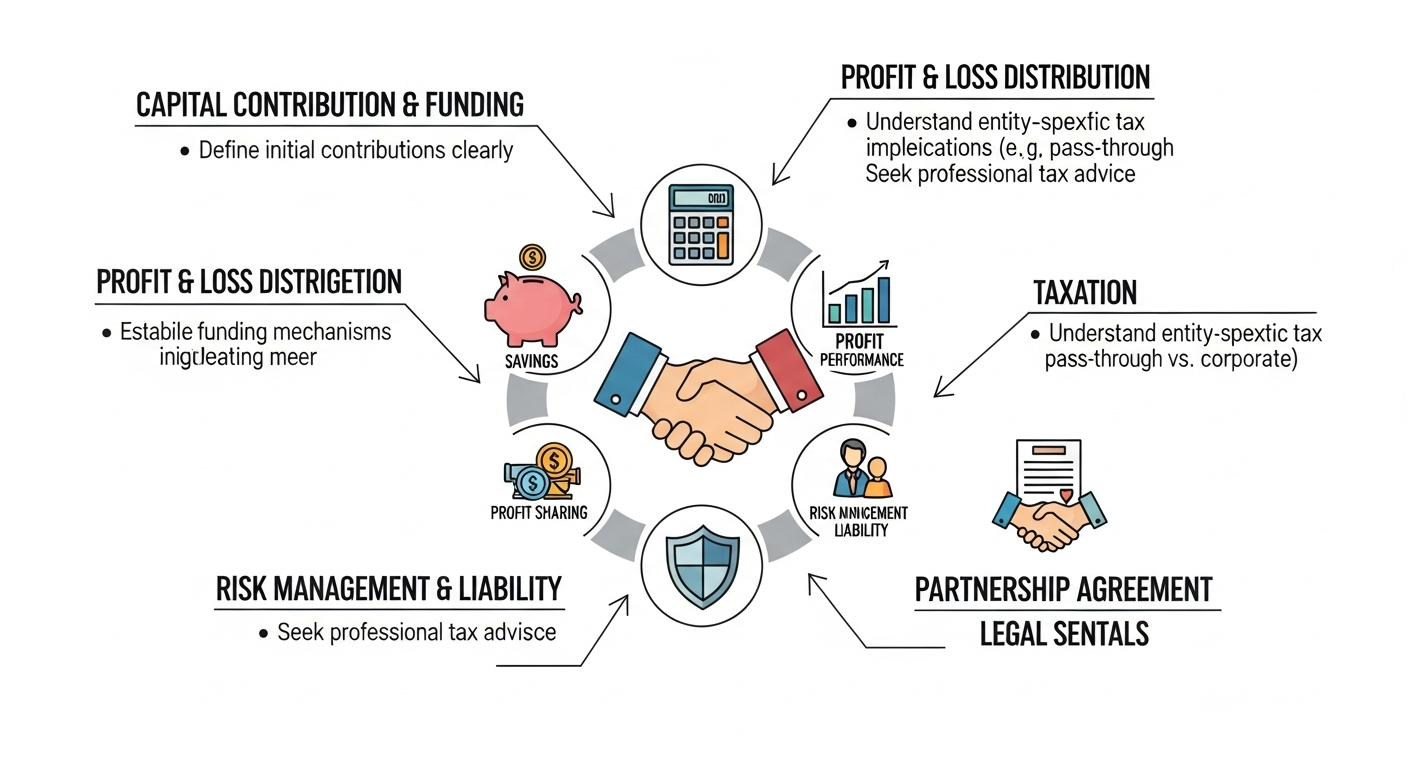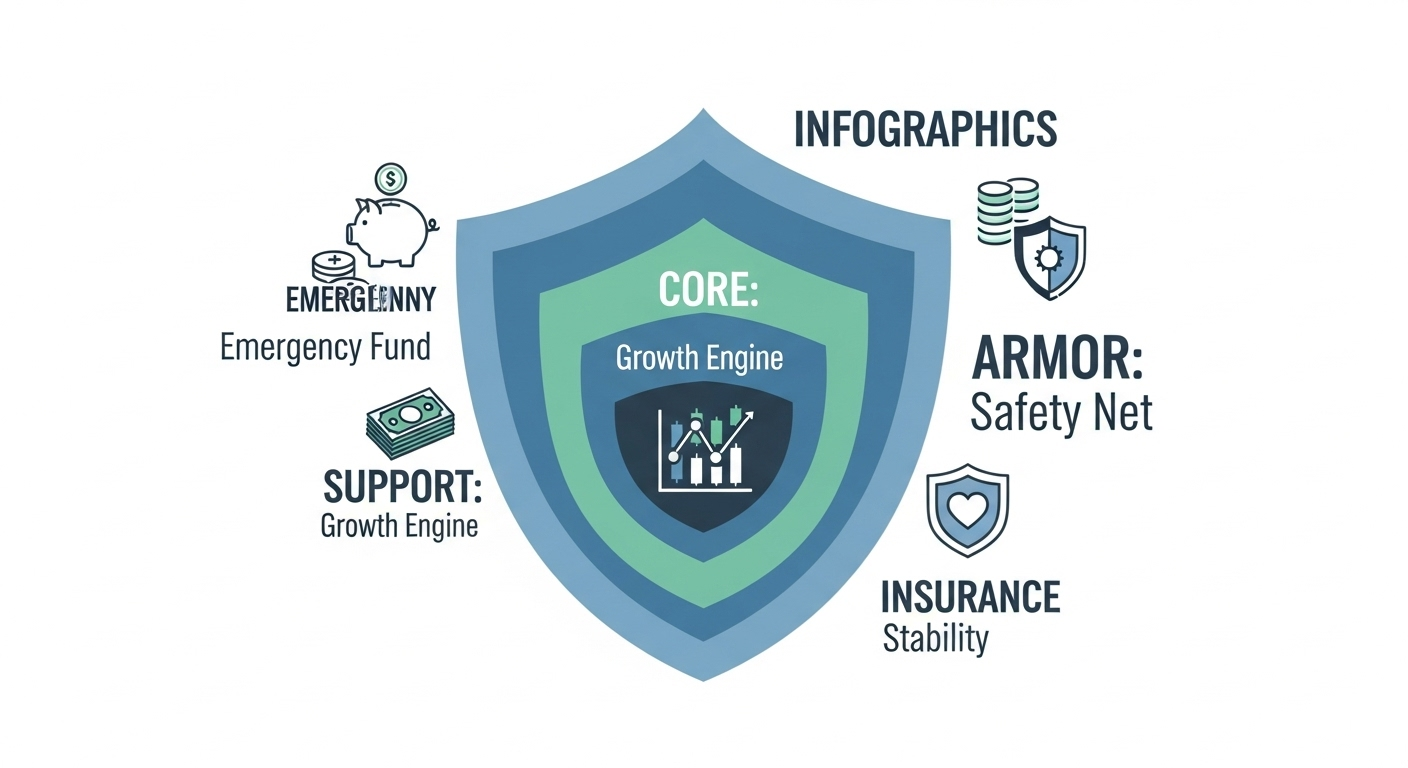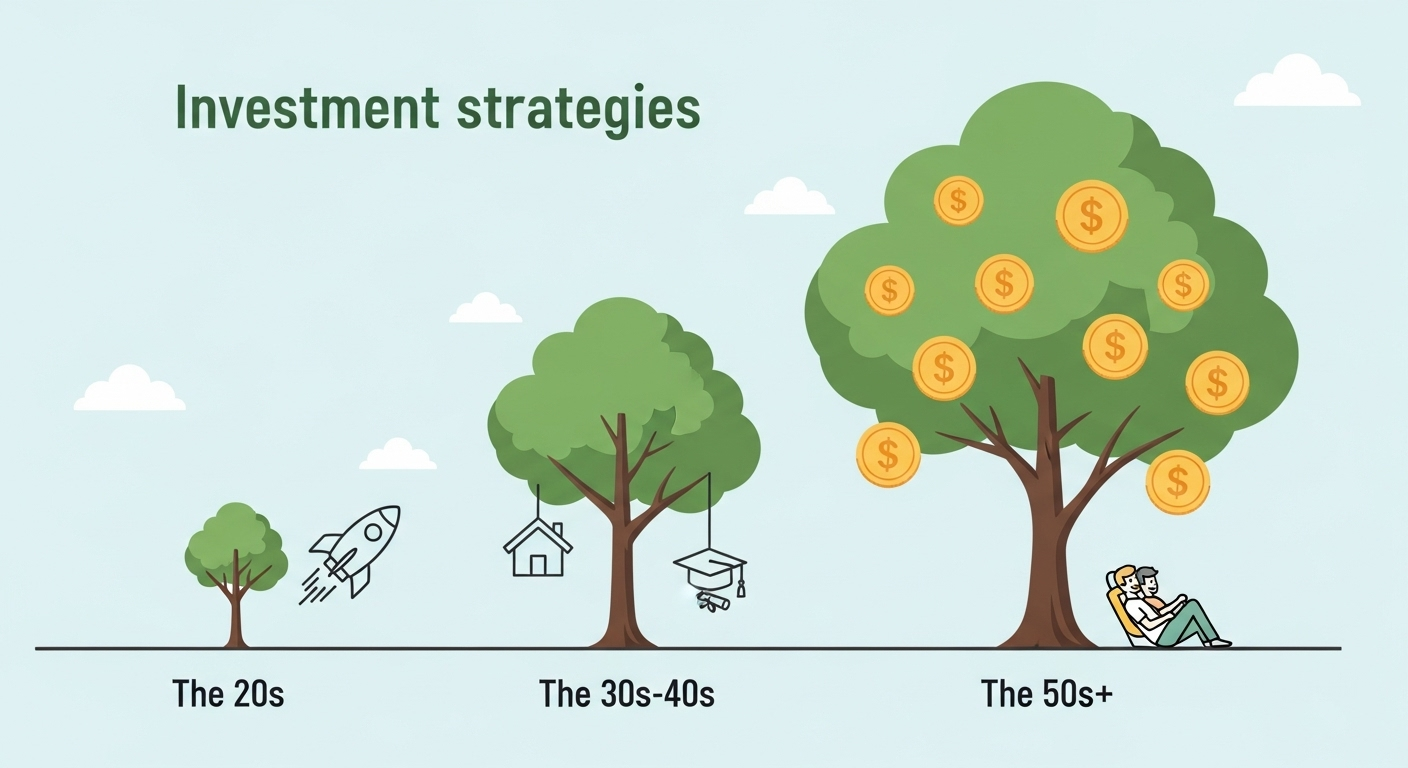
How to Find a Financial Advisor: A Real Person’s Guide to Not Getting Lost
Alright, let’s get real for a minute. The world of finance can feel like a labyrinth designed by someone with a cruel sense of humor. I remember the first time I seriously considered getting help with my money. I typed “financial advisor” into a search bar and was hit with a tidal wave of acronyms, titles, and competing claims. It was overwhelming. It felt like I needed a degree in finance just to figure out who to hire to help me with my finances. Sound familiar? If you’re nodding along, grab a coffee, and let’s unravel this together. Because finding the right guide is less about them being perfect and more about them being perfect for *you*.
The term ‘financial advisor‘ is a massive umbrella. It’s used to describe a whole host of professionals who do very different things. This isn’t just semantics; it’s the core of the entire puzzle. Choosing the wrong type of advisor is like hiring a plumber to fix your car. They both deal with systems and pipes, sort of, but you’re not going to get the result you want. This is your money, your future, your peace of mind. Let’s make sure you get the right person for the job.
So, What Exactly Am I Looking for in a Financial Advisor?
Before you even start looking at names and firms, the first, most crucial step is to look inward. What do you actually need help with? This isn’t a trick question. Are you a 28-year-old trying to figure out how to invest your first real bonus? A 40-year-old juggling a mortgage, kids’ college funds, and retirement savings? Or are you nearing retirement and need to make your nest egg last? The advice you need changes dramatically with each life stage.
Think about it this way. Are you looking for a coach or a manager? A financial coach is brilliant for getting the fundamentals right—budgeting, getting out of debt, building good habits. They’re the ones who help you learn how to drive. A financial advisor or planner, on the other hand, is the one who helps you map out a cross-country road trip, making sure you have the right vehicle and are prepared for the terrain ahead. Some people, especially those with complex financial lives, might even need a wealth manager, who offers a holistic service covering everything from investments to estate planning and tax strategies.
I initially thought I just needed someone to tell me which stocks to buy. But after looking deeper, I realized my real problem was a lack of a cohesive plan. I had a 401(k) from an old job, some random stocks I bought on a whim (we’ve all been there), and no clear picture of my retirement goals. What I needed wasn’t a stock-picker; I needed an architect. A Certified Financial Planner™ (CFP®), for instance, is trained to take a holistic view of your entire financial life. They are required to complete rigorous coursework, pass a comprehensive exam, and have several years of experience.
The Big Showdown: Fee-Only vs. Commission (And Why It Matters. A Lot.)
Okay, if you only pay attention to one section, make it this one. This is, without a doubt, the most important concept to grasp. How your advisor gets paid determines their motivations. It’s that simple. There are two main models: fee-only and fee-based (or commission).
A fee-only financial advisor is paid directly by you. That’s it. No one else. The payment could be an hourly rate, a flat fee for a specific project (like creating a financial plan), or a percentage of the assets they manage for you (often around 1%). Because they don’t get paid for selling you a particular product, their advice is much more likely to be unbiased.
Then there are fee-based and commission-based advisors. These advisors can earn commissions from third parties, like insurance or mutual fund companies, for selling you their products. Now, this doesn’t automatically make them villains. But it creates a massive potential conflict of interest. Are they recommending that mutual fund because it’s truly the best one for you, or because it pays them the highest commission? It’s a question you’ll always have in the back of your mind.
This leads us to a crucial term: fiduciary. A fiduciary has a legal and ethical obligation to act in your best interest. Think of it like a doctor’s duty to their patient. Fee-only advisors are almost always fiduciaries. Fee-based advisors may only be held to a “suitability standard,” which means the products they recommend must be “suitable” for you, but not necessarily the best or lowest-cost option. That’s a huge difference. Always, always ask a potential advisor, “Are you a fiduciary, and will you state that in writing?”
Robots, Humans, and Hybrids: Picking Your Player
In the last decade, a new player has entered the game: the robo-advisor. These are automated, algorithm-driven platforms that manage your investments for you at an incredibly low cost. For someone just starting out, with a straightforward financial situation, a robo-advisor can be a fantastic option. They offer diversification and portfolio rebalancing without the high fees of a traditional advisor.
But here’s the thing. A robo-advisor can’t talk you off a ledge when the market tanks. It can’t understand the nuances of your dream to quit your job and start a llama farm. It doesn’t do complex tax or estate planning. It’s a tool, and a very good one, but it’s not a relationship. Interestingly, studies have shown that even tech-savvy millennials often prefer a human touch when it comes to their money, valuing the accountability and emotional intelligence a person provides. For a deeper dive into modern financial tools, you might find some interesting perspectives at Liittle Wonder.
The good news? It’s not always an either/or choice anymore. Many firms now offer hybrid models, combining the low-cost automation of a robo-advisor with the ability to consult a human advisor when needed. This can be a great middle-ground, offering the best of both worlds.
Don’t Just Hire Anyone: The ‘Dating’ Phase of Finding Your Advisor
You’ve done your soul-searching, you know the difference between fee structures, and you have an idea of the type of advisor you want. Now what? It’s time to interview potential candidates. And yes, you should absolutely treat it like an interview (or a first date, if that feels less intimidating). You’re entering a long-term relationship with someone you need to trust implicitly.
Don’t be shy about asking tough questions. How are you paid? What are your qualifications? What’s your investment philosophy? Who is your typical client? What happens when markets get scary? A good advisor will welcome these questions and answer them clearly and patiently. For more on what to look for, Reuters often has insightful articles on financial regulations and consumer protection.
I remember one of the best pieces of advice I got was to check an advisor’s background. You can do this easily online. For U.S. advisors, use FINRA’s BrokerCheck and the SEC’s Investment Adviser Public Disclosure website. These tools will show you their employment history, licenses, and any disciplinary actions. It’s a simple step that provides incredible peace of mind. Or, as I like to think of it, a background check before you get financially married.
Frequently Asked Questions (Because You’re Not the Only One Wondering)
How much is this all going to cost me, really?
This is the elephant in the room, isn’t it? The answer varies wildly. A fee-only advisor might charge a flat fee of a few thousand dollars for a comprehensive plan, or an hourly rate. If they manage your investments, a common fee is around 1% of your assets under management (AUM) per year, which often decreases as your assets grow. A robo-advisor might charge as little as 0.25% AUM. The most important thing is transparency. The advisor should clearly state all costs upfront.
What’s the difference between a ‘financial advisor’ and a ‘financial planner’?
Great question. As we touched on, ‘financial advisor’ is a broad, unregulated term. Anyone can use it. A ‘financial planner,’ especially a Certified Financial Planner™ (CFP®), generally implies a more comprehensive, holistic approach to your finances beyond just investments. A CFP® professional is held to a fiduciary standard and must meet rigorous educational and ethical requirements. Think of it as the difference between someone who can fix a leaky faucet and a certified plumber who can design the entire plumbing system for a house.
Do I need to be rich to hire a financial advisor?
Absolutely not. This is one of the biggest misconceptions. While some traditional advisors have high asset minimums, many are accessible to people at all stages of their financial journey. Financial coaches, hourly-fee planners, and robo-advisors are all excellent options if you’re just starting to build wealth. The best time to get professional advice is often when you’re starting out, as it can prevent costly mistakes. For more lifestyle and finance tips, check out Liittle Wonder.
How do I know if a ‘fiduciary’ is *actually* acting in my best interest?
This is where due diligence comes in. First, get their fiduciary commitment in writing. Second, make sure you understand how they’re compensated. A true fiduciary will have a transparent, fee-only structure that minimizes conflicts of interest. Finally, trust your gut. A good relationship is built on clear communication and trust. If you feel like you’re being sold something or your questions are being dodged, that’s a major red flag.
Is a robo-advisor enough for someone just starting out?
For many people, yes! If your main goal is to start investing for the long term in a low-cost, diversified portfolio, a robo-advisor is an excellent and highly efficient tool. They take the guesswork out of asset allocation and rebalancing. However, if you have other financial complexities—like significant debt, competing savings goals, or questions about insurance and taxes—you might benefit from the more personalized guidance of a human advisor or a financial coach.










